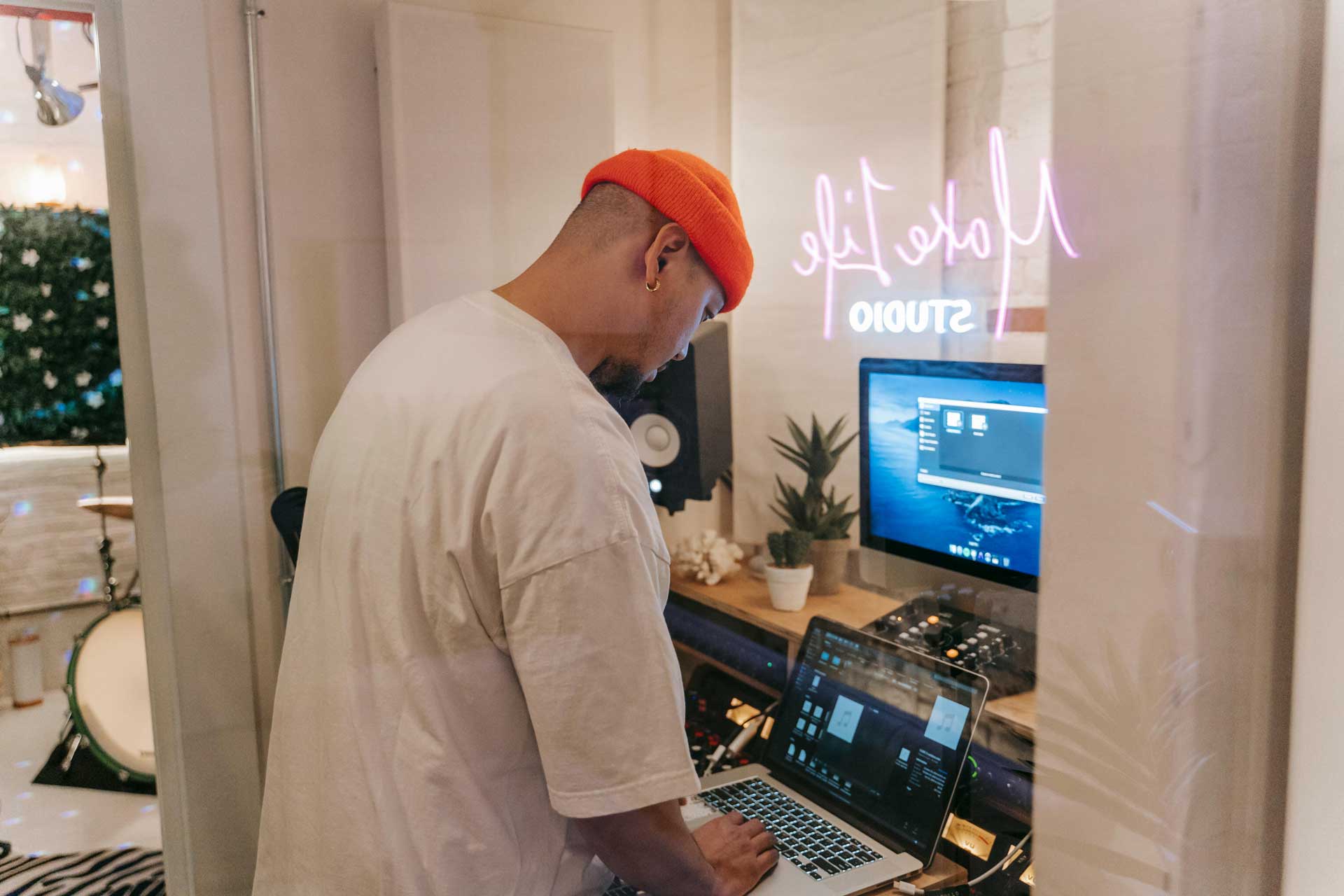
Creators & VAT: Know the Rules Before It’s Too Late
27 May 2025 | 3 min read
When you’re juggling invoices, bookings, brand deals, and agency emails, VAT probably isn’t top of your to-do list. But for many creators, failing to understand VAT can lead to missed refunds, surprise bills — or even financial penalties.
Whether you’re a tattoo artist, TikToker, dancer, producer, or painter, if you’re earning from your name, your content, or your voice — VAT isn’t optional. And done right, it can actually help your cash flow.
Let’s break it down.
What Is VAT, and Why Should Creatives Care?
VAT (Value Added Tax) is a tax charged on most goods and services in the UK. You charge it to your clients or customers and pay it to HMRC — but only if you’re VAT registered.
For creators and performers, that includes things like:
- Brand deals
- Live events or gigs
- Sponsorship income
- Digital products (e.g. tutorials, eBooks, merch)
- Licensing or royalty income
If you’re selling services or content and earning over £90,000 in 12 months, you must register.
The VAT Trap: Why Emerging Artists Get Caught Out
A lot of creators don’t realise they’re nearing the threshold until it’s too late. VAT registration isn’t based on the tax year — it’s on a rolling 12-month basis. That one big campaign, tour, or agency deal? It could tip you over without warning.
Miss the deadline, and HMRC can:
- Backdate your registration (and demand VAT you didn’t charge)
- Fine you for late registration
- Charge interest on unpaid VAT
A key tip it to keep a monthly running total of your income to track when you’re getting close to the threshold.
Voluntary VAT Registration: Why It Might Actually Help You
Even if you’re under the threshold, registering for VAT can give you a major advantage — especially if most of your clients are businesses or agencies who can reclaim it.
Benefits include:
- Reclaiming VAT on your costs: Gear, studio hire, agency fees, software subscriptions, even some travel and marketing expenses.
- Cleaner cash flow: When you invoice with VAT, you’re setting aside a portion to HMRC — which can help you build the habit of budgeting for tax.
- Professional perception: Some brands prefer working with VAT-registered creatives — it signals structure and business readiness.
VAT Rates and Schemes
Most of the time, if you’re VAT registered, you’ll be charging 20% on your services — that’s the standard rate. There are lower rates (like 5% or 0%) for certain goods, but unless you’re selling kids’ car seats or books, you’ll probably be sticking with 20%. When it comes to how you pay VAT, HMRC has a few schemes that can make life easier. The Flat Rate Scheme is popular with creatives — instead of working out the VAT on every expense, you just pay a fixed percentage of your sales (which varies by industry). There’s also Cash Accounting, which means you only pay VAT when you actually get paid (not when you invoice), which is handy if clients are slow payers.
These schemes aren’t one-size-fits-all though, so it’s worth getting advice to see what works best for your setup.
VAT on Royalties & International Income
Selling music, voiceovers, or licensing content abroad? Things get complex fast.
- Royalties from UK sources are generally VAT-able.
- Digital products or licensing fees paid by customers in the EU may require non-UK VAT registration (especially post-Brexit).
- Some platforms (e.g. Amazon KDP, Bandcamp) may handle VAT for you — but not always.
If in doubt, get advice early. Mistakes here can cost more than the income you’re earning.
Don’t Forget About Bookkeeping
VAT registration means you’ll need to submit quarterly VAT returns, maintain digital records, and use compatible software, as required by the government’s Making Tax Digital (MTD) initiative. MTD is a system that requires businesses to keep their tax records digitally and submit VAT returns online, ensuring greater accuracy and efficiency in tax reporting.
It’s not optional — but it’s manageable. And honestly? It often leads to better business habits overall.
Don’t Fear VAT — Use It Strategically
VAT isn’t just a tax hurdle — it’s a system. One that can either trip you up or work in your favour, depending on how you handle it. For many creatives, the turning point is realising that registering before you’re forced to might actually help.
In Part 3 of the Tax Survival Series, we’ll cover the hidden world of creative expenses and deductions — what you can claim, what HMRC will challenge, and how to stop leaving money on the table.
Until then, track your income, watch that £90K threshold — and don’t be afraid to get ahead of the game.
Let’s Talk
Tel: 020 8138 5560
Email: hello@weareband.co.uk
111 Charterhouse Street,
London, EC1M 6AW

